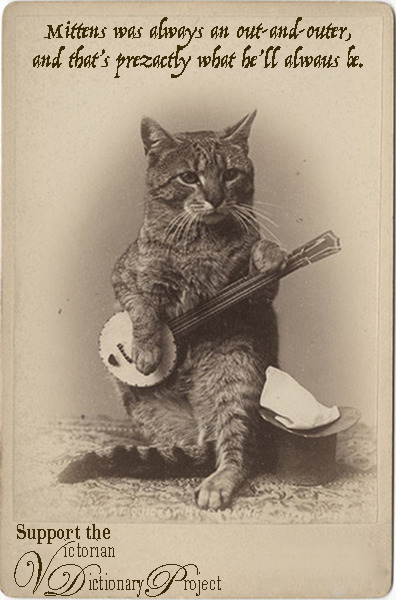“Most early commentators on the Dictionary felt compelled to reflect on the author’s efforts in producing the work – not surprising, of course, for a lexicographer’s intentions and method’s are particularly relevant to the work’s authority and the critical reference within which the book may be understood, used, and interpreted.” Allen Reddick, The Making of Johnson’s Dictionary 1746-1773, 1993.
I do not wish to compare myself to Samuel Johnson, only to address what Reddick says about the intentions and methods of a lexicographer. I consider myself more of a lexophile than a lexicographer. The task I’ve set for myself is nothing compared to what Johnson did. I have countless dictionaries to consult that build on his work and others. To reinvent the English Dictionary from scratch would be pointless.
![Samuel Johnson (18 September 1709 [O.S. 7 September] – 13 December 1784), often referred to as Dr Johnson, was an English writer who made lasting contributions to English literature as a poet, essayist, moralist, literary critic, biographer, editor and lexicographer.](https://victoriandictionary.files.wordpress.com/2015/01/samuel_johnson_by_joshua_reynolds.jpg?w=560)
Samuel Johnson (18 September 1709 [O.S. 7 September] – 13 December 1784), often referred to as Dr Johnson, was an English writer who made lasting contributions to English literature as a poet, essayist, moralist, literary critic, biographer, editor and lexicographer.
My methods for writing the dictionary involve consulting other dictionaries and thesauruses, as well as researching the ways in which words were used in the literature and press of the time. University libraries, Project Gutenberg, and online newspaper databases provide examples of how words were used. Oxford’s Historical Thesaurus is especially helpful, and I recommend it. It covers the entire history of the English language, whereas my little book will only cover 100 years – and only the words that need an explanation on usage.

Sir James Augustus Henry Murray (7 February 1837 – 26 July 1915) was a Scottish lexicographer and philologist. He was the primary editor of the Oxford English Dictionary from 1879 until his death.
Currently, I’m struggling with the construction, style, and layout of the thesaurus section of my dictionary, but am constantly working on and reviewing every part of this book. If you have any ideas, questions, or suggestions, feel free to contact me.
What am I fundraising for? The Dictionary of Victorian Insults & Niceties will hardly be a reliable resource if I don’t have a second and third pair of eyes edit the thing. I started the Dictionary as an eBook project, which is inexpensive, but I will be creating promotional materials, covering the cost of the design, and am working on a business plan to create hard copies for those who want them. In the meantime, I am absorbing costs myself, as I do not wish to go with a conventional publisher, who would increase the cost to you, my reader. I intend to give away lots of free downloads. I want the finished product to make it into the hands of everyone who can use it!
Support the project through my GoFundMe page, or visit my shop.



